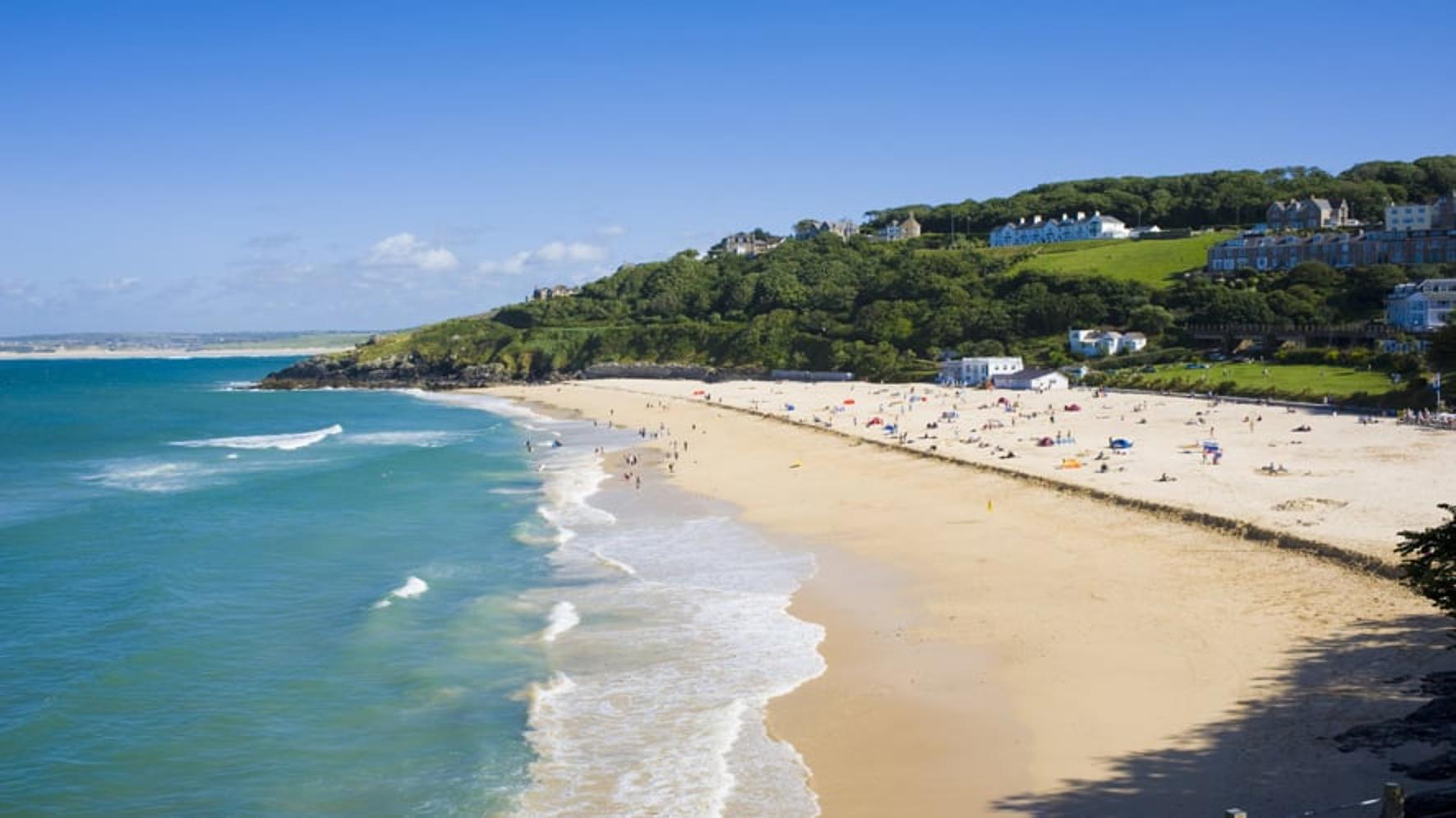What is South West Water doing to ensure there’s enough water?
We’ve seen some record-breaking summer temperatures in recent years. You might have read news stories about the very dry spring this year and the challenges that brings for the water system.
The good news is that so far, water reserves in Devon and Cornwall are looking healthy and we have no plans to introduce a hosepipe ban this summer. However, we take this issue very seriously and plan carefully to make sure we can meet future water demand.
Water resilience is increasingly important
Water resilience means that our water system can meet people’s needs – even if there are setbacks like a prolonged heatwave or low rainfall. Climate change is making weather less predictable and long, dry spells more common.
At the same time, the population of the South West is growing and tourism adds to pressure on water resources in the peak season.
Having enough water is vital for people’s health and wellbeing. It also underpins the local economy, supporting businesses in everything from hospitality to farming, manufacturing and construction.
Water shortages can also have a devastating impact on wildlife. If water levels in rivers and reservoirs run low, this means there is less for precious ecosystems.
This isn’t only an issue in the South West. A recent government report predicted that by 2055, England as a whole could face a shortfall of 5 billion litres of water a day. This is why all regions are investing in water resilience measures to help face the challenges of the future.
Water reserves in the South West
There are 23 reservoirs in Devon and Cornwall, but most of these are small ones that serve local communities. There are three larger strategic reservoirs – Colliford, Roadford and Wimbleball. Check out our reservoirs webpage to see the current levels of our biggest reservoirs.
We don’t always draw water directly from reservoirs. Sometimes we release water from a reservoir into a river, so we can remove it (abstraction) at treatment works further downstream.
In general, reservoirs fill up in the winter and reach their lowest point in the summer. That’s why we take a year-round view of water reserves. We know that people’s behaviour also changes when there’s a hot summer – think of all those extra showers, paddling pools and watering the garden. Water use by visitors also adds to demand in the warmer months.
Investing to improve water resilience
Between 2025-30, Pennon Group (the parent company of South West Water) will invest £3.2bn across the regions where we operate. Water resilience is one of the key priorities for investment. We plan to reduce leakage on our networks to less than 10% and less than 4% on customer properties.
We are also harnessing the potential of our family of companies by making a water grid which can transfer water from region to region, linking strategic reservoirs. We’re also planning an ambitious new reservoir, Cheddar 2, near Bristol. This will add to our strategic water reserves.
You can help by being careful with water
We’re working hard to increase water reserves, but demand is the other side of the coin. You can help by avoiding wasting water. Even small steps like having short showers or buying a water butt for your garden can make a difference.
Take a look at our water-saving tips pages for more ideas on how to use less water.
